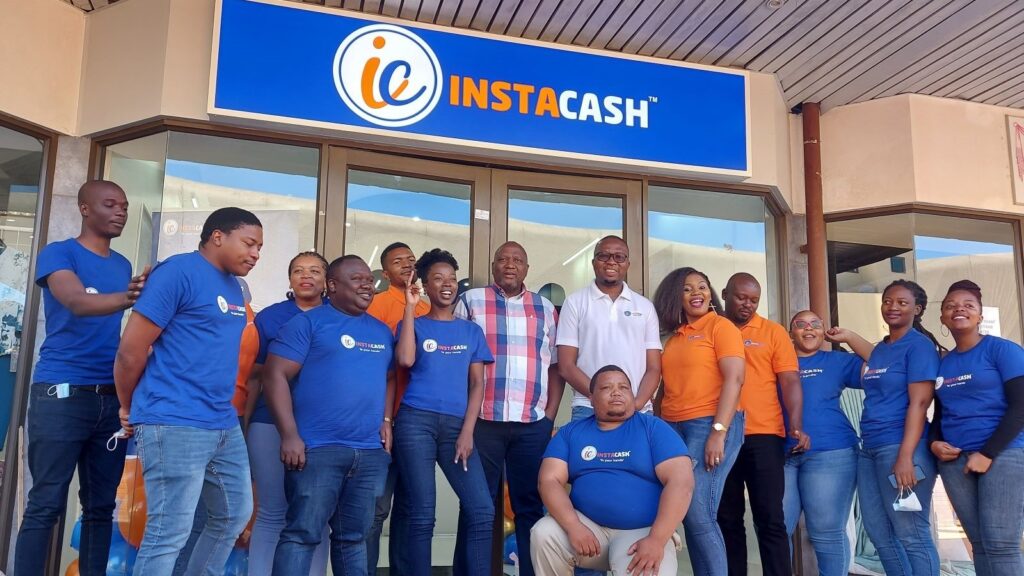
By Ntokozo Nkambule
Instacash successfully onboarded 114 000 subscribers in its first 6 months of operation. Instacash is Eswatini’s only non-telco licensed mobile money service provider.
This is contained in the recently published report by the Central Bank of Eswatini (CBE) titled ‘Eswatini Fintech Landscape Report”.
The Landscape report provides a comprehensive overview of the current state and future potential of Fintech in Eswatini. It covers key aspects such as market demand and supply side dynamics, the regulatory framework, infrastructure readiness, and ecosystem enablers.
Instacash’s target customers are people that are primarily excluded from the traditional banking system. The company provides services to the rural and excluded segments, including women, youth, farmers, and MSMEs.

“Using different distribution agents (street and storefront) that facilitate cash-in cash-out (CICO), Instacash offers transactional services like person-to-person (P2P) payments, airtime top-up, and utility bill payments. Additional planned product propositions are savings, insurance, and credit,” notes the CBE report.
According to the report, Instacashs’ business model is to provide the transactional infrastructure/platform providing a payments engine.
Through business alliances, the platform facilitates other financial services like savings, insurance, and credit.
Interestingly, Instacash applied for a license in 2018 and did not receive approval-in-principle (AIP) to roll out a pilot until 2021.
But how did the Fintech player manage to onboard so many subscribers in this short space of time?
In answering the above question Instacashs’ Managing Director, Mandla Nxumalo notes that to achieve their mandate, they first focused on building a user-friendly mobile application.
“We understood that for individuals who were not tech-savvy, simplicity was key. They designed their app with straightforward instructions and easy navigation, ensuring that even the least experienced smartphone users could engage with their platform comfortably.”
He continues “We organized extensive awareness campaigns, visiting various communities to educate people about the benefits of mobile money services. These campaigns were aimed at both urban and rural areas, ensuring that no one was left behind. Instacash emphasized the convenience and security of their service, assuring people that their money would be safe and easily accessible at any time.”

Nxumalo excitingly notes that it pleases them that more and more people are joining Instacash’s mobile money platform.
He says as a result the unbanked population of Eswatini is experiencing a significant transformation as they can now save money securely, send and receive payments with ease, and participate in the digital economy alongside their banked counterparts.
Furthermore, the report by the CBE notes that Instacash plays a significant role in promoting a cashless society.
“By digitizing payments use cases, Instacash is promoting a cashless economy and extending transactional services on its platform through collaborations with other financial services providers like insurance, credit providers, and lottery operators. These plans are still nascent and provide opportunities for FinTech development.”
InstaCash is operated by Directcore Technologies Swaziland and opened for business in September 2022.
Directcore Technologies Swaziland is part of an investment banking group incubating InstaCash whilst exploring additional digital financial services opportunities.

10 thoughts on “Instacash Has Onboarded Over 114 000 Subscribers”
Comments are closed.